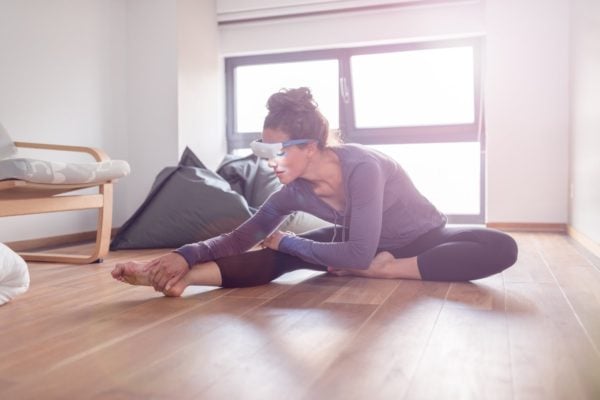New Technologies Aim to Put Jet Lag to Rest
Share

APEX Insight: From light therapy glasses and pulsing light masks to British Airways’ “digital pill” and Global Eagle Entertainment’s Airhealth app, new technologies are arming passengers with innovative ways to fight jet lag.
Many leisure and business trips begin with jet lag. Crossing time zones can leave passengers feeling sleepy, sluggish and sometimes even delirious. This temporary physiological condition upsets the body’s circadian rhythms and disrupts the 24-hour sleep-wake cycle. Traditional methods of coping with jet lag include hydration, exercise and starting the adjustment period early by setting a watch or smartphone to the destination’s time zone before departure; however, technology is now giving passengers more ways to reset their body clocks.
Light therapy, the simulation of natural sunlight, is an increasingly popular way to expedite jet lag recovery. While this therapy is often administered using a lamp, Luminette offers a similar effect through a pair of lightweight glasses, ideal for travelers on the go. Wearing the glasses for up to two hours will help relieve jet lag symptoms such as insomnia, sleepiness and physical and intellectual fatigue. Luminette’s mobile app offers a customized light schedule for optimal results.

The Glo to Sleep mask, which is expected to launch in March 2017, uses pulsing lights to help travelers adapt to their destination’s time zone prior to arrival. The mobile programming app allows passengers to relax while it manages light volume. While some companies are looking to light, others believe oxygen levels are the key to overcoming heavy eyelids. Studies using mice have determined how circadian rhythms can be altered through blasts of oxygen. This research could help inform how airlines moderate cabin air pressure and oxygen levels.
Airlines are getting involved in the battle against jet lag, by exploring new solutions for managing passengers’ levels of alertness. British Airways is investigating a “digital pill” to help passengers monitor their sleeping, eating and exercise patterns for optimal health while flying. The pill’s sensor could personalize each passenger’s travel environment via wearable technology and smartphones that alert the airline when a passenger experiences discomfort.
Global Eagle Entertainment has added the Airhealth app, which launched during APEX EXPO in October, to its in-flight offerings. The app’s Jet Lag Recovery Plan asks users to input route and arrival time, and then offers a strategy to manage sleep-wake cycles and time zone changes. Being prepared with an app or plan to minimize jet lag is one of the best ways to ensure a swift recovery.


